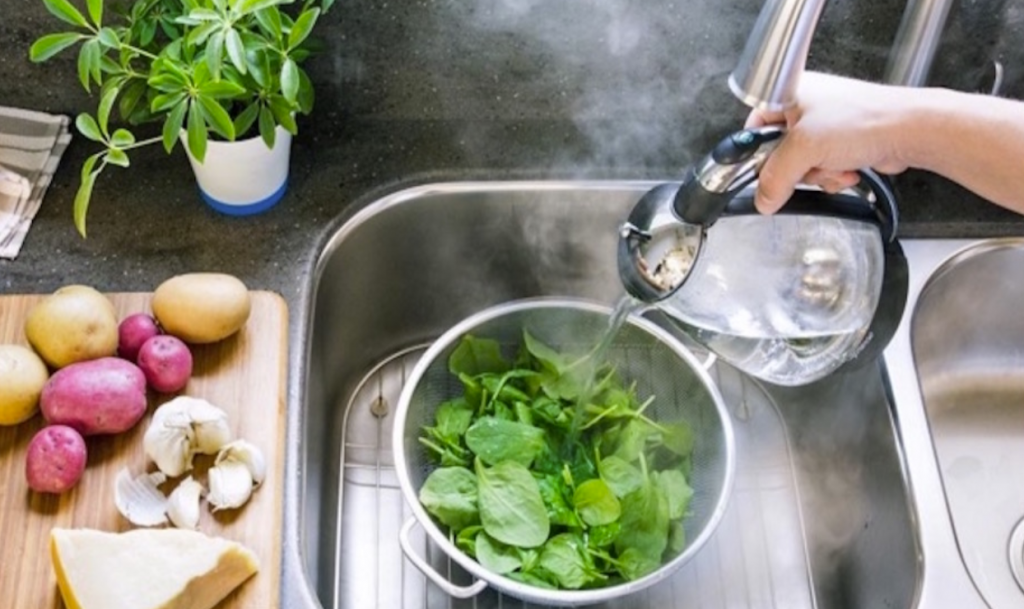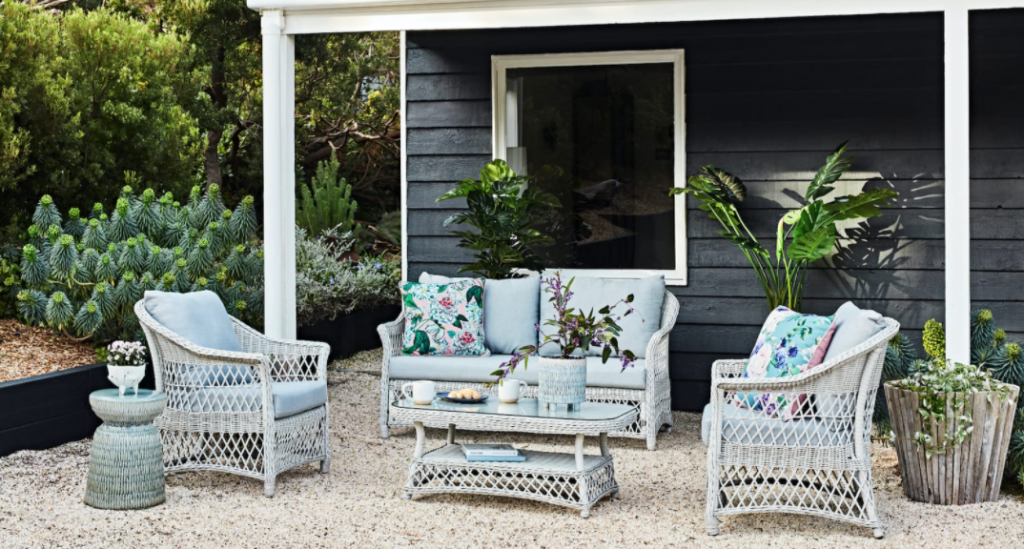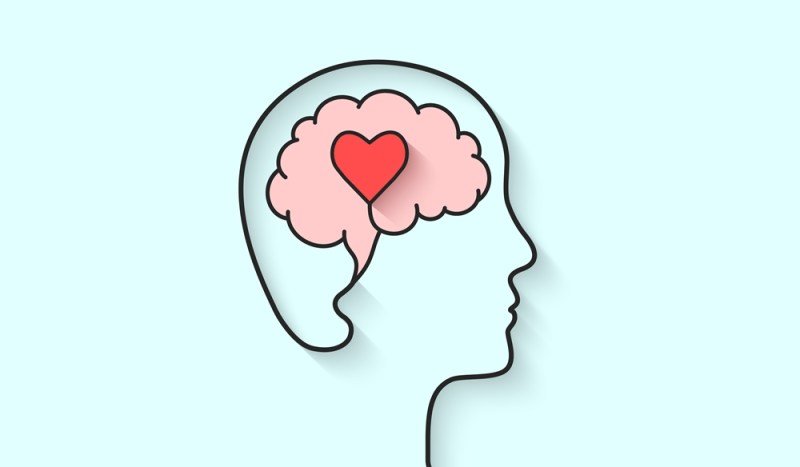“Self-care is how you take your power back!”
With Winter just around the corner and Australia going into hibernation, we thought we’d share some mental health wellness tips that have helped us internally through recent months.
Create a routine. Go to sleep and wake up at a similar time each day, write your workouts/walks/breaks/lunches into your diary so they take as much priority as your meetings and emails.
Dress for the life you want, not the life you have right now. Get showered, wash your face, brush your teeth and dress in clothes that make you feel good! Put on some bright colours. It’s amazing how our clothes and morning routine can impact our mood.
Get out of the house at least once a day. If you are concerned with contact, go first thing in the morning, or later in the evening, and try less travelled streets and avenues. If you are high risk or living with those who are high risk, open the windows and blast the fan or scope out a slither of sunlight and bask like a cat ?
Find some time to move each day. A walk is an incredible mood booster. take one of your meetings to the streets, they are mobile phones after all! If you don’t feel comfortable going outside, there are many YouTube videos that offer free movement classes. The radio is always a great go-to, pop it on loud and bop around the kitchen whilst the kettle boils!
Reach out to others. FaceTime, Skype, phone calls, texting—connect with other people to seek and provide support. Don’t forget to do this for your children as well. Set up virtual playdates with friends daily via FaceTime, Facebook Messenger Kids, Zoom, etc—your kids miss their friends, too!
Stay hydrated and eat well. This one may seem obvious, but stress and eating often don’t mix well, and we find ourselves over-indulging, forgetting to eat, and avoiding food. Drink plenty of water, eat some good and nutritious foods, maybe challenge yourself to learn how to cook something new! Scheduling meals into your diary if you’re prone to forgetting to eat is a great way to break up the day.

Develop a self-care toolkit. This can look different for everyone. It can be exercise, meditation, time alone with a coffee, reading, mindful drawing or colouring, committing to a week of early nights, learning something new – a writing course, drawing/painting, cooking, a new book or podcast.
Spend extra time playing with your children. Children will rarely communicate how they are feeling, but will often make a bid for attention and communication through play. Don’t be surprised to see therapeutic themes of illness, doctor visits, and isolation play through. Understand that play is cathartic and helpful for children—it is how they process their world and problem solve, and there’s a lot they are seeing and experiencing in the now.
Give everyone the benefit of the doubt. A lot of cooped up time can bring out the worst in everyone. Each person will have moments when they will not be at their best. It is important to move with grace through blowups, don’t show up to every argument you are invited to and don’t hold grudges and continue disagreements. Everyone is doing the best they can to make it through this.
Find your own retreat space. It can be a favourite chair, even a front doorstep in the sun can be such a joy. Space is at a premium, particularly with city living. It is important that people think through their own separate space for work and for relaxation.

Limit social media and COVID conversation , especially around children. You can find tons of information on COVID-19 to consume, and it changes minute to minute. The information is often sensationalised, negatively skewed, and alarmist. Find a trusted source that you can check in with, limit it to once a day (or a couple of times a week) and set a time limit for yourself on how much you consume.
Notice the good in the world, the helpers. There are also a ton of stories of people connecting, donating, and supporting one another in miraculous ways. It is important to counter-balance the heavy information with hopeful information. Check out our Feelgood Friday’s on the PSN LinkedIn page ?
Help others. Find ways, big and small, to give back to others. Support restaurants offer to grocery shop for others, check-in with elderly neighbours, share wellness tips with others—helping others makes us feel good. So it’s win-win ?
Find lightness and humour in each day. Counterbalance the heaviness with something funny each day: cat videos on YouTube, a stand-up show on Netflix, a funny movie—we all need a little comedic relief in our day, every day.
Reach out for help—your team is there for you. If you have a therapist or psychiatrist, they are available to you, even at a distance. Keep up your medications and your therapy sessions the best you can. If you are having difficulty coping, don’t b afraid to seek out help for the first time. Here at PSN we have an EAP (employee assistance program) with a registered psychologist. Or you can talk to your local GP if you prefer.
Remind yourself that this is temporary. Please take time to remind yourself that although this is difficult, and will go on for an undetermined amount of time, it is a season of life and it will pass. We will return to feeling free, safe, busy, and connected.
Find the silver lining. When psychologists work with trauma, a key feature to helping someone work through it is to help them find their agency, the potential positive outcomes they can effect, the meaning and construction that can come out of destruction. What can each of us learn here, what small things can we implement into our day? What needs to change in ourselves, our homes, our communities, our nation, and our world?
We hope you have a great day ?





























